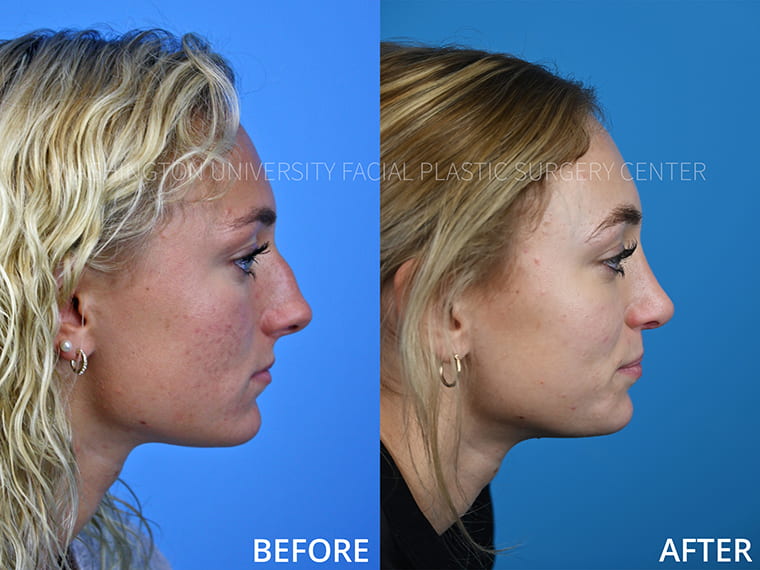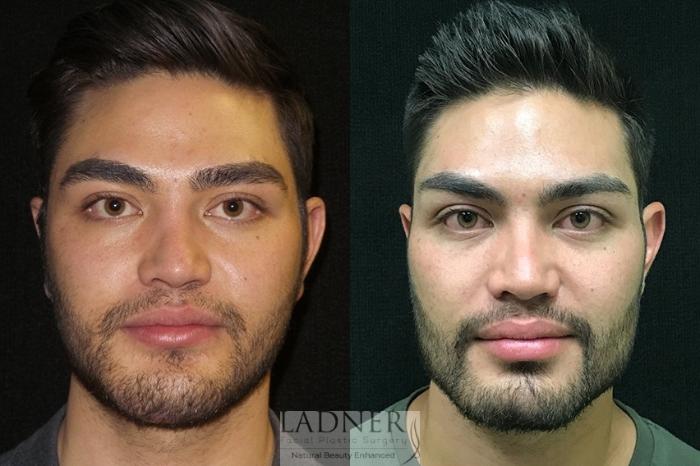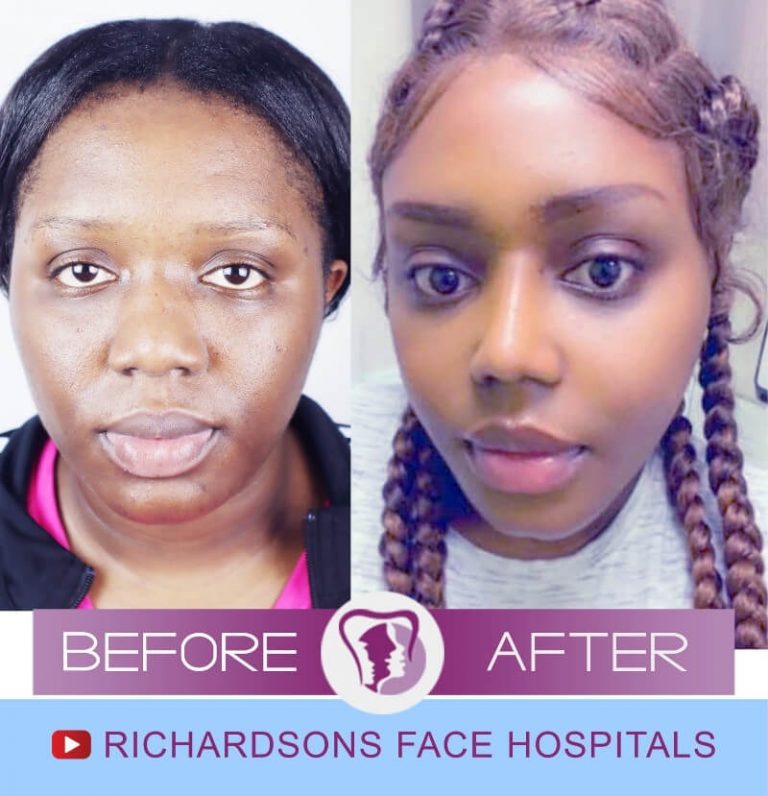Exploring the Emotional and Social Elements That Drive People to Think About Plastic Surgery as a Means of Enhancement
The choice to seek cosmetic surgery often expands beyond mere aesthetic appeals, linking with social and mental dynamics that warrant thorough assessment. Variables such as self-confidence, prevalent societal elegance standards, and the pervasive impact of social media assemble to shape private inspirations for medical enhancement. As these impacts end up being progressively prominent, understanding the underlying emotional and social contexts is vital. What remains to be checked out is the extensive impact these aspects have not only on individuality but also on wider societal norms and values surrounding charm and approval.
The Function of Self-confidence
Self-confidence dramatically influences a person's decision to pursue plastic surgery. People with low self-confidence frequently view themselves in a negative light, causing feelings of inadequacy concerning their physical appearance. This adverse self-perception can drive them to look for surgical treatments as an approach of improving their self-image. The desire for enhancement in one's look is often linked to an idea that such adjustments will certainly boost their overall self-respect and self-confidence.

Ultimately, the function of self-confidence in the decision-making process concerning plastic surgery highlights the intricate interaction between body image, individual contentment, and mental health and wellness. Comprehending this relationship is vital for health care professionals to make certain that patients are making notified decisions rooted in sensible assumptions and emotional well-being.
Societal Beauty Criteria
Influenced by pervasive media portrayals and cultural narratives, social charm criteria play an essential function fit people' assumptions of their own bodies. These standards are usually defined by an idyllic form of beauty that highlights qualities such as symmetry, slimness, and youthfulness. As these ideals are continued via different networks, consisting of advertising and marketing, movie, and television, people regularly internalize these messages, resulting in frustration with their natural appearance.
The effects of these social standards prolong beyond visual choices; they can impact self-esteem, mental health and wellness, and interpersonal partnerships. People that regard themselves as disappointing these requirements may experience sensations of inadequacy, motivating a desire for cosmetic surgical procedure as a way of achieving societal authorization. This quest is often fueled by the idea that adapting to these ideals will certainly enhance not only physical appearance but additionally social standing and individual gratification.

Influence of Social Media
The influence of social elegance criteria is further intensified by the surge of social media platforms, where curated images and idyllic depictions of charm are common. Customers are continuously revealed to filtered and edited pictures, which often show unattainable physical qualities. This direct exposure grows a society of contrast, leading individuals to examine their own look versus these usually unrealistic criteria.
Social media influencers and celebrities frequently promote cosmetic procedures, normalizing the concept that medical enhancements are a sensible means for attaining societal ideals (plastic surgery rancho cucamonga). The presence of these improvements can produce an assumption that undertaking plastic surgery is a typical practice, therefore influencing people to take into consideration comparable interventions as a pathway to improved self-confidence and check it out social acceptance
Additionally, the interactive nature of social media enables immediate feedback via likes and comments, additionally reinforcing the wish to comply with popular elegance standards. Such communications can exacerbate sensations of inadequacy and drive individuals toward plastic surgery as a means of acquiring validation. Eventually, social media sites plays a crucial function in forming understandings of charm, which substantially impacts the decision-making processes surrounding plastic surgery.

Cultural Perspectives on Look
Throughout numerous cultures, perceptions of appearance are deeply rooted in historic, social, and financial contexts, forming people' sights on elegance and desirability. In several societies, look functions as a substantial pen of identification, influencing social status, professional possibilities, and personal relationships. As an example, in some societies, light skin is typically connected with riches and benefit, while others may glorify darker skin tones as icons of strength and authenticity.
Additionally, typical beauty criteria are frequently continued via social stories, media depictions, and family affects, leading to differing suitables throughout various regions (plastic surgery rancho cucamonga). In Western cultures, the focus on youth and physical health and fitness usually drives people towards aesthetic enhancement, while in certain Eastern cultures, more refined changes straightened with traditional appearances may be liked
Globalization and the spreading of electronic media have better complicated these dynamics, producing a hybridization of charm ideals that transcends geographical limits. As people significantly browse these cultural stories, the pressure to satisfy details appearance criteria can result in the need for cosmetic surgery, showing an intricate interaction of individual desires and cultural values. Recognizing these cultural perspectives is essential in attending to the inspirations behind cosmetic surgery factors to consider.
Emotional Influences of Plastic Surgery
Several individuals seeking cosmetic surgery record experiencing profound psychological influences that can substantially change their self-perception and psychological health - plastic surgery rancho cucamonga. The desire for physical improvement usually stems from underlying concerns such as low self-esteem, body dysmorphic disorder, or societal pressures regarding appeal requirements. For some, the prompt post-operative phase can bring about a temporary boost in positive self-image and resource contentment with their appearance, cultivating a sense of empowerment
Nonetheless, these favorable sensations might not be enduring. Study indicates that while some people experience boosted self-worth, others might deal with increased anxiety or depression if their expectations are not fulfilled. This inconsistency can develop from impractical suitables perpetuated by media representation and cultural stories surrounding beauty.
Moreover, the psychological implications of plastic surgery prolong beyond the individual. Relationships with household and good friends might be stressed as social dynamics change, leading to feelings of isolation or alienation. Inevitably, the psychological effects of cosmetic surgery are complex and complex, calling Resources for cautious consideration by both possible people and doctor to make certain enlightened decision-making and practical assumptions.
Final Thought
In verdict, the choice to seek cosmetic surgery is substantially influenced by a combination of self-esteem problems, social appeal criteria, and cultural point of views on look. The pervasive reach of social media further aggravates these stress, advertising unrealistic ideals that individuals commonly aim to attain. Comprehending these social and mental elements is vital for addressing the motivations behind plastic surgery, highlighting the need for a much more nuanced conversation bordering charm and self-acceptance in contemporary culture.
The decision to go after cosmetic surgical procedure usually prolongs beyond simple looks, linking with emotional and social dynamics that merit extensive assessment. Inevitably, social media plays a critical role in forming perceptions of elegance, which considerably influences the decision-making procedures bordering cosmetic surgical treatment.
As individuals progressively browse these cultural stories, the stress to adapt to certain appearance criteria can lead to the desire for cosmetic surgery, showing a complex interplay of social worths and individual desires.In verdict, the choice to seek cosmetic surgery is substantially influenced by a combination of self-esteem issues, societal beauty requirements, and cultural perspectives on appearance. Comprehending these social and emotional aspects is crucial for dealing with the motivations behind cosmetic surgical procedure, highlighting the requirement for an extra nuanced discussion bordering appeal and self-acceptance in contemporary culture.